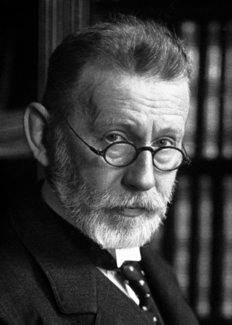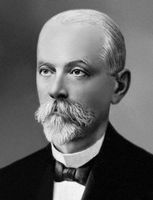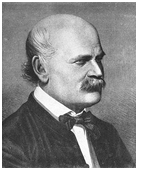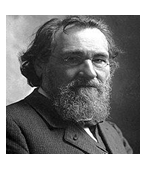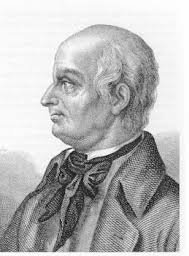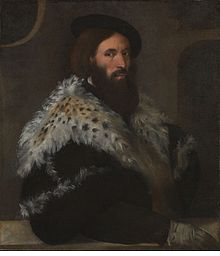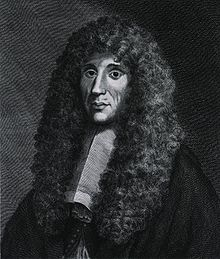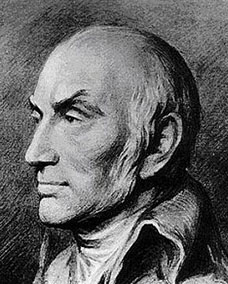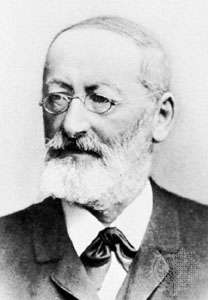PAUL EHRLICH (1854-1915)
Systematic work on antimicrobial drugs was first initiated by the Germanphysician Paul Ehrlich. Ehrlich worked in the fields of haematology, immunology, and chemotherapy. He coined the term “chemotherapy” and also developed the concept of “selective toxicity in the early 1900s”, which is “the ability of an agent to inhibit or kill pathogenic microorganisms without any […]
PAUL EHRLICH (1854-1915) Read More »
General Microbiology
